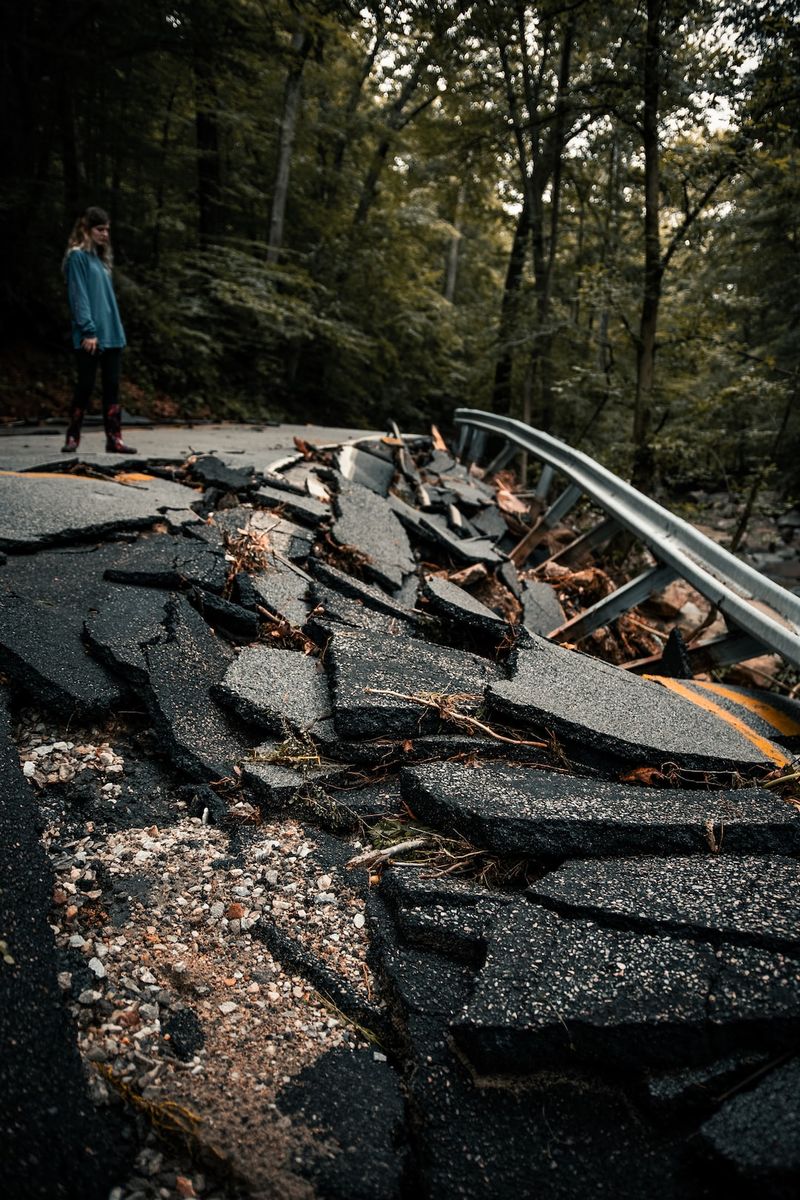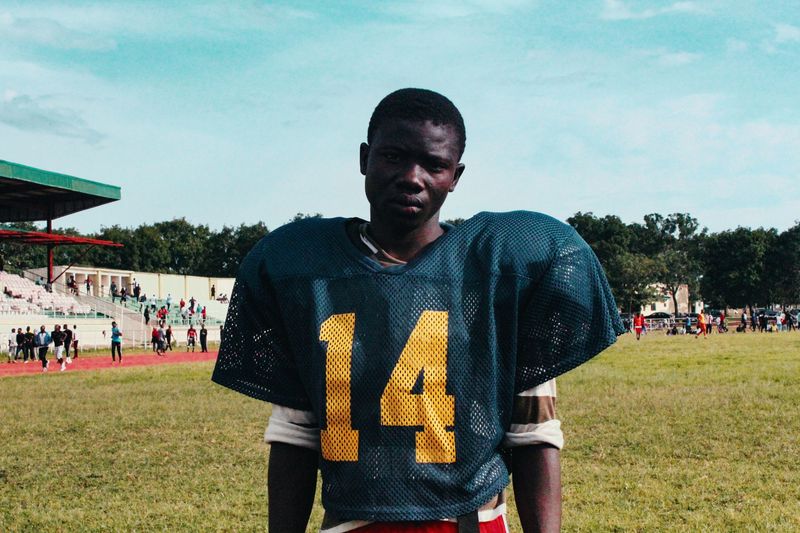Devastation and Struggles Remain in the Aftermath of Morocco‘s Powerful Earthquake
Introduction
Many survivors of Morocco‘s most powerful earthquake in over a century are facing dire conditions as they struggle to find shelter and aid. The 6.8 magnitude earthquake struck in the High Atlas Mountains, leaving behind a death toll of 2,862 and 2,562 injured individuals. However, these figures are likely to rise as rescue efforts continue. The remote mountain villages, which suffered some of the worst devastation, have yet to receive assistance due to blocked roads and the collapse of traditional mud brick houses, which didn’t leave air pockets for survivors. This report examines the current situation, the challenges faced by survivors, rescue efforts, and international aid offers.
Patchy Aid and Devastation in Remote Areas
With the epicenter of the earthquake located in rugged and isolated terrain, the situation on the ground remains patchy. Some organized tent camps are being set up, and supplies are being airlifted into the affected areas. However, in many remote locations, aid has not yet arrived due to blocked roads caused by fallen rocks and earth. Survivors who escaped their destroyed villages have been forced to camp out along the Tizi n’Test road, with little assistance from the authorities. They express concerns about the lack of focus on remote villages that are worst affected, with some still having victims buried under the rubble.
The Struggles of Survivors
Survivors of the earthquake are facing significant hardships. Many villages have been left without power or telephone networks since the earthquake struck, making communication and access to assistance difficult. Locals have had to rescue their loved ones and retrieve bodies from under their crushed homes without any external support. The trauma and challenges of ensuring the safety and well-being of their families without access to basic necessities are adding to the emotional strain they are facing.
Volunteers and Limited Aid
In the hard-hit town of Talat N’Yaaqoub, Moroccan troops, search-and-rescue workers, and medical personnel are working tirelessly to locate buried individuals and assist survivors. Ordinary citizens, like Brahim Daldali, have volunteered to distribute essential supplies to those in need. However, the scale of the disaster and the limited resources available make it a daunting task. In Amizmiz, a large village turned aid hub, some people have been provided with tents, while others are still sheltering under blankets. The fear of rain and the lack of proper shelter further compounds the challenges they face.
Challenges in International Aid Efforts
Despite offers of assistance, the international aid effort has faced challenges in reaching affected areas. Rescuers from Spain, Britain, and Qatar are currently assisting Moroccan search teams, while Italy, Belgium, France, and Germany await approval for their offers. Morocco has accepted aid from Spain, Britain, the United Arab Emirates, and Qatar. However, offers from Italy and Belgium have not been taken up, leading to speculation about the criteria used to accept aid offers.
Philosophical Discussion
The devastation caused by the earthquake in Morocco raises profound questions about how societies respond to natural disasters and the ethical implications of prioritizing aid. The focus on larger communities over remote villages, where the impact may be greater, speaks to the difficult decisions that authorities must make in allocating limited resources during such emergencies. The question arises: Should aid be distributed based on the number of affected individuals or the severity of the impact?
Caroline Holt, the global director of operations at the International Federation of the Red Cross and Red Crescent Societies (IFRC), defends Morocco‘s decisions, stating that the government is carefully balancing the offers of support from governments and prioritizing the search-and-rescue efforts while there is still a window of opportunity to save lives. However, frustrations are expressed by organizations like Secouristes Sans Frontieres (Rescuers Without Borders), which offered assistance but received no response. This situation raises concerns about missed opportunities to save lives and the need for clear protocols and coordination in disaster response.
Editorial and Advice
The devastating earthquake in Morocco highlights the importance of preparedness and the necessity for robust disaster management systems. Efforts should be made to improve infrastructure and emergency response capabilities, especially in remote and vulnerable areas. Additionally, there is a need for transparency and clarity in accepting international aid offers to ensure aid reaches those who need it most.
In terms of immediate action, it is crucial for the Moroccan authorities to prioritize aid delivery to remote villages that have been worst affected by the earthquake. These communities are in urgent need of basic necessities such as food, clean water, and medical assistance. Coordination among local, national, and international organizations is paramount to ensure efficient and effective assistance reaches all affected areas.
Furthermore, there is a need for long-term support and reconstruction efforts. The Moroccan government, with the support of international partners, should develop comprehensive plans to rebuild damaged infrastructure and provide sustainable housing solutions for the affected communities. This will not only aid recovery but also enhance resilience for future disasters.
Ultimately, the earthquake in Morocco serves as a reminder of the fragility of life and the importance of solidarity in times of crisis. It is in times like these that humanity must come together to support those in need, regardless of borders or politics.

<< photo by Colin Lloyd >>
The image is for illustrative purposes only and does not depict the actual situation.
You might want to read !
- HGTV’s Iconic House from ‘The Brady Bunch’ Sells at a $3.2 Million Loss
- Canada Faces Grim Reality: Death Toll Exceeds 2900 in Wake of Morocco Earthquake
- Hurricane Lee Revitalizes and Sets Sights on Nova Scotia: A New Storm Brewing?
- Un séisme de magnitude 6,8 secoue violemment le Maroc : Les conséquences et la réponse d’urgence.
- Un puissant séisme ébranle le centre du Maroc: Les conséquences et les prochaines étapes à suivre
- “We’re not built for this.” Tropical Storm Hilary’s devastating impact on California raises concerns about the state’s preparedness.
- Powerful Earthquake in Morocco Leaves at Least 296 Dead
- Devastating Earthquake in Morocco Leaves Over 800 Dead and Communities Shattered
- Dramatic Rescue Efforts Unfold in Rivière-Éternité




